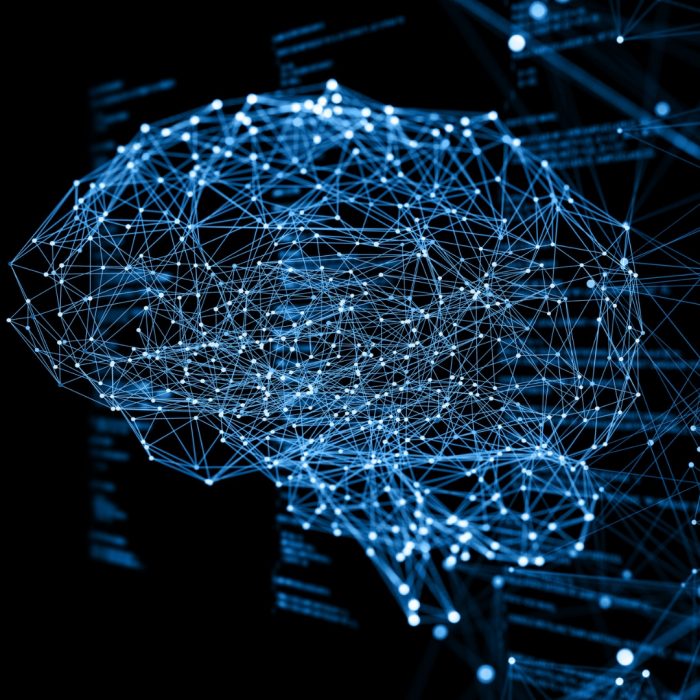Deep learning - achieving effective results

The challenge
In the past decade, the huge success of deep learning artificial intelligence models has inspired many researchers to apply them to an increasingly wide range of application domains. However, the deep learning field is developing rapidly, and models are increasingly complex, involving the use of technical tools such as high-performance supercomputing.
While off-the-shelf tools can make them more straight forward to apply, specifically designed deep learning models, training and application procedures are necessary to achieve effective results. This consistently works best when an algorithm expert works in partnership with an application domain expert. Accessing expert knowledge enables you to get the best results for your application area.
The solution
The Deep Learning Research Group (DLRG) was created in response to this need for expert knowledge. The DLRG brings together experts who can advise on best practice for applying deep learning.
We’ll work with you, the domain expert, to help you get the best possible research results through applying deep learning to your application area. We can also advise on whether deep learning is likely to be beneficial for use in your area. Our expert group is ready to work in partnership with you to maximise research results through the application of deep learning.
The impact
DLRG researchers have completed many grant projects, published in high level journals and conference venues, supervised HDR students, and taught and designed courses at the undergraduate, graduate and professional levels.
We’ve assisted researchers to use deep learning to produce state-of-the-art results in a range of application areas including natural language, computer vision, swarming, robotics, biological systems, survey response data, and medical data. For example:
- Dr Jo Plested is currently working with the Bushfire Research Group to use state-of-the-art computer vision and time sequence deep learning models to predict the spread of bushfires in complex scenarios such as the extreme bushfires that Australia saw in the summer of 2019/2020. The combination of the bushfire group's decades of experience in the research area along with Dr Plested’s experience with deep learning models makes them one of the best placed teams in the world to make significant progress in this area.
- Dr Aya Hussein has organised and presented a tutorial session on “Human Teachable Reinforcement Learning" at ICONIP 2022.
- Dr Aya Hussein is the lead organiser of the special session on “Learning in Swarm and Multi-Robot Systems” at IJCNN 2023.
“Deep learning has the potential to advance research in an enormous range of application areas, but only performs well when algorithm experts work closely with domain experts. Through collaboration, we can put UNSW Canberra at the forefront of deep learning applications.”
Dr Jo Plested, UNSW Canberra Deep Learning Research Group Lead




